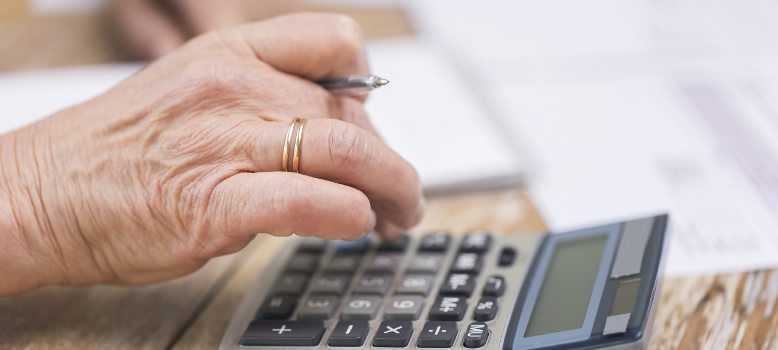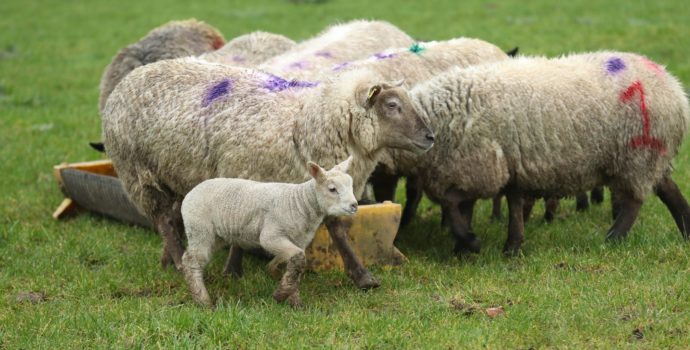Spouse’s Prsi & Pension – What You Need to Know

Making sufficient PRSI contributions entitles you to a number of social protection benefits, including the contributory state pension and maternity benefit. You can only qualify for these benefits based on your own PRSI record so it’s important to make contributions if you can.
Making PRSI contributions
If you are in PAYE or self-employment, you will make PRSI contributions on that income.
Until 2014, spouses and civil partners of farmers who assisted their spouse or civil partner in the farm enterprise, but not as employees of the farm or in a farm business partnership, could not make PRSI contributions.
Since 2014 ‘assisting spouses’ can qualify to make PRSI payments as a self-employed worker. Qualification to make these contributions applies only from 2014 onwards, and it is not be possible to make retrospective contributions.
In order to make PRSI contributions you must
- Demonstrate that you perform similar tasks as your self-employed spouse/civil partner; and
- Demonstrate that your income from all sources exceeds the minimum self-employed insurability threshold of €5,000.
- The income from his/her contribution on the farm must be shown as trading income or a share of the profits in the pay and file return made under Revenue’s self-assessment system of tax.
If you can’t make PRSI contributions
If you do not qualify for a contributory pension based on your own record, or only qualify at the lower rate, your spouse or partner can apply for a ‘Qualified adult’ increase in their pension. This increase is subject to a means test, further information can be found here.
A full guide to the Contributory State Pension, including information on maintaining voluntary contributions is available here.
If you have a gap in your PRSI record
Retrospective contributions
If you have a gap in your PRSI record but you were working in partnership with your spouse on the farm enterprise during the gap period you may be able to make retrospective PRSI contributions.
You will have to be able to prove that you were working in partnership during the period and the Department of Social Protection and the Revenue Commissioners will use some of the following criteria to determine if a partnership exists:
- There is a written partnership agreement (there is no legal requirement to have a written agreement).
- Each partner writes cheques on the business accounts in his/her own right.
- There is a joint business account.
- It is apparent to those doing business with the partnership that a partnership exists.
- Business accounts/activities are in joint names of the partners.
- Each partner makes a significant contribution to the running of the business.
- The business is owned jointly by the partnership, the farm does not have to be jointly owned, although it is a positive factor where it is jointly owned.
- The profits and losses of the partnership are shared by each partner. They do not have to be shared on a 50:50 basis; it is up to the partnership to decide, but clearly each must have an income of €5,000 at least.
It is very important to get professional legal and tax advice before you make any formal arrangements. To get more information contact the Scope Section, Department of Social Protection, Gandon House, Amiens Street, Dublin 1 or call (01) 673 2585.
Homemaker Scheme
Under the Homemaker’s Scheme any years that you spent as a homemaker (since 6 April 1994) are ignored or disregarded when working out your yearly average contributions for a State Pension (Contributory). A homemaker, for the purposes of the scheme is a man or woman who provides full-time care for a child under age 12 or an ill or disabled person aged 12 or over.
To be eligible, you must:
- Permanently live in the State (except in cases where provisions under EU or posted worker regulations apply)
- Be aged under 66
- Have started insurable employment or self-employment on or after the age of 16 and before the age of 56
- Not work full-time, however, you can work and earn less than €38 gross per week
- Care full-time for a child under 12 or an ill or disabled person
A homemaking year is a year in which you are out of the workforce for the full tax year (only a full year can be disregarded). Up to a maximum of 20 homemaking years can be disregarded for State Pension (Contributory) purposes.
Homemaker’s credits can be awarded for part of a year at the start of the homemaking period, from the date you become a homemaker up to the end of the tax year. Likewise, homemaker’s credits can also be awarded for part of a year when the homemaking period ends, from the start of the tax year up to the date you stop homemaking.
Get more information on PRSI, Pensions and other Farm Finance matters




